Effective communication with your healthcare providers is one of the most important parts of getting good health care. The patient needs to be able to understand what is said and effectively convey important information. In the past, the doctor typically unilaterally took the lead, and the patient didn’t ask questions. Today, you and your doctors work as a team.
This is true at any age. But, when you’re older, it becomes even more important to talk often and comfortably with your doctor. That’s partly because the elderly may have more health conditions and treatments to discuss.
Below are 6 tips on preparing for your appointments to enhance effective communication with and understanding of your doctor:
- List and Prioritize Your Concerns- Make a list of what you want to discuss and update the doctor on any changes.
- Take Information with You- Bring a list of all your medications and problems you want to discuss
- Be Sure You Can See and Hear as Well As Possible–
- Remember to take your eyeglasses and hearing aids.
- Let the doctor know if you have a hard time seeing or hearing. For example, say: “My hearing makes it hard to understand what you’re saying. It helps when you speak slowly.”
- Sit face to face with the doctor
- Stick to the point—To make the best use of your time, stick to the point. Give a brief and specific description of the symptoms
- Bring a Family Member or Friend- The person you bring can take notes for you to help remember what the doctor said.
- Speak Up! —Express if you feel rushed, need further explanation, or need to bring up a problem even if the doctor didn’t ask.


